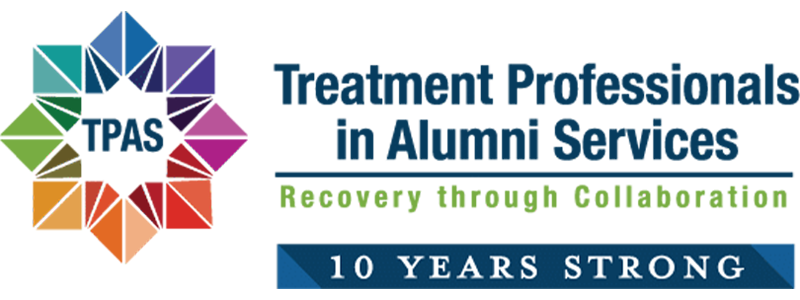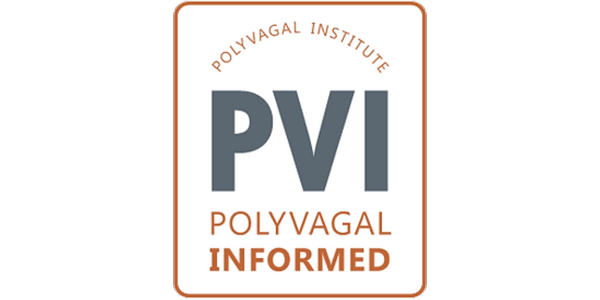Watching someone in your family experience drug addiction can be extremely painful to watch. Addiction doesn’t just affect the addicted; it affects everyone in their lives, especially their family. Drug addiction is a slippery slope and a very touchy subject for the individual experiencing it, which makes it all the more important for the family to know how to handle it. Keep reading for what someone can do if a family member is on drugs and ways to help them.
What Can Someone Do If A Family Member Is On Drugs?: Understand Addiction
One of the best things someone can do if a family member is on drugs is to understand the symptoms of drug addiction. This way, you can help them when they need it most and you can better understand their new behaviors.
- Isolating and becoming secretive. If your family member is leaving the house with little-to-no explanation, does not want to take part in family activities or important events, is becoming dishonest about their whereabouts, or you get the feeling they are hiding something, keep in mind that it is linked to their addiction.
- Neglecting responsibilities. This can include no longer doing important household chores, poor hygiene, spending time with the kids, or missing days at school or work.
- Financial problems. If money from your bank account is missing, your family member is asking you for money, or if you notice that they are missing payments on important bills, this is likely due to drug addiction.
- Increased arguments. Strained relationships, abusive situations, and increased arguments are common when drug abuse is taking place.
- Physical changes. Your family member may start looking different. Marked weight loss or weight gain; dry skin, hair, and nails; track marks; open sores on the face; sleep deprivation; poor hygiene; and lack of sleep may all happen.
Have Boundaries and Do Not Enable
When your family member is addicted to drugs, it can be difficult to find the difference between love, help, and enabling. It is important to create boundaries, stick to them, and not enable your loved one.
Boundaries
Boundaries are important for your own mental health, as well as the health of your family. If your loved one consistently breaks these boundaries, it is important to hold that line so they have no other choice than to get help when they need it the most. While boundaries are not one-size-fits-all and should be tailored to your specific family situation, examples of setting boundaries include:
- No using drugs inside of the home
- Do not stay out past curfew
- No drug-using friends are allowed in the home
- No financial assistance
- No lying, covering for, or excusing any drug-related behavior
- No yelling, insulting, breaking objects, or ridicule during a discussion or argument
Enabling
When an individual is addicted to drugs, they will do whatever they can to manipulate those around them so that they can continue their drug habit. This includes taking advantage of your love and trust in them and turning you from a support person into an enabler.
Examples of enabling include:
- Providing financial assistance more than you are comfortable with, especially if knowing it will go directly to drugs
- Covering or making excuses for them
- Ignoring bad behavior
- Denying the problem, or defending your loved one, to others who bring up their drug addiction
- Taking on their responsibilities
- Sacrificing your own time or needs for them
- Not following through on consequences for crossing boundaries
Offer Your Support
The most important thing you can do if a family member is on drugs is to offer your support. This may be difficult to do if your loved one’s addiction has caused negative consequences to happen to you and your family. Through treatment and family therapy, relationships and trust can rebuild.
The more you remind your loved one that you are there for them to help and support them, rather than confront them and hold resentment, the more willing they will be to accept help. Ways you can support your family member who is addicted to drugs include:
- Offer a way out. Do research on luxury drug rehabs to help them get out of the addiction spiral they are in.
- Remind them you love them. Even though they may have caused you harm or trouble, lead with compassion and empathy. They are suffering from a life-threatening cycle.
- Support them the whole way. If your loved one goes to treatment, the love and support don’t end there. Participate in their recovery by attending family therapy sessions and become active in their continuing care.
About The Pointe Malibu Recovery Center
If your loved one is on drugs, it is important to seek help as soon as possible before it is too late. Drug addiction is a fatal condition. We are here to help guide you through any questions you may have.
Our Family Program seeks to rebuild and strengthen the ties that may have been strained, or even broken, during your battle with your substance use disorder. We do this through honest discussion and interaction, where you have opportunities to speak as well as to listen.
Family participation is essential to achieving the desired outcome. Despite estrangements that may have been prompted by addictive behavior, that inherent family love and concern is fundamental to identifying the deep-seated roots of your substance use or co-occurring disorder. This is where the emotional release from long-standing issues can lead to real progress in healing and, ultimately, thriving again.
If you’re ready to start your family’s journey to long-lasting recovery, we are here for you.





